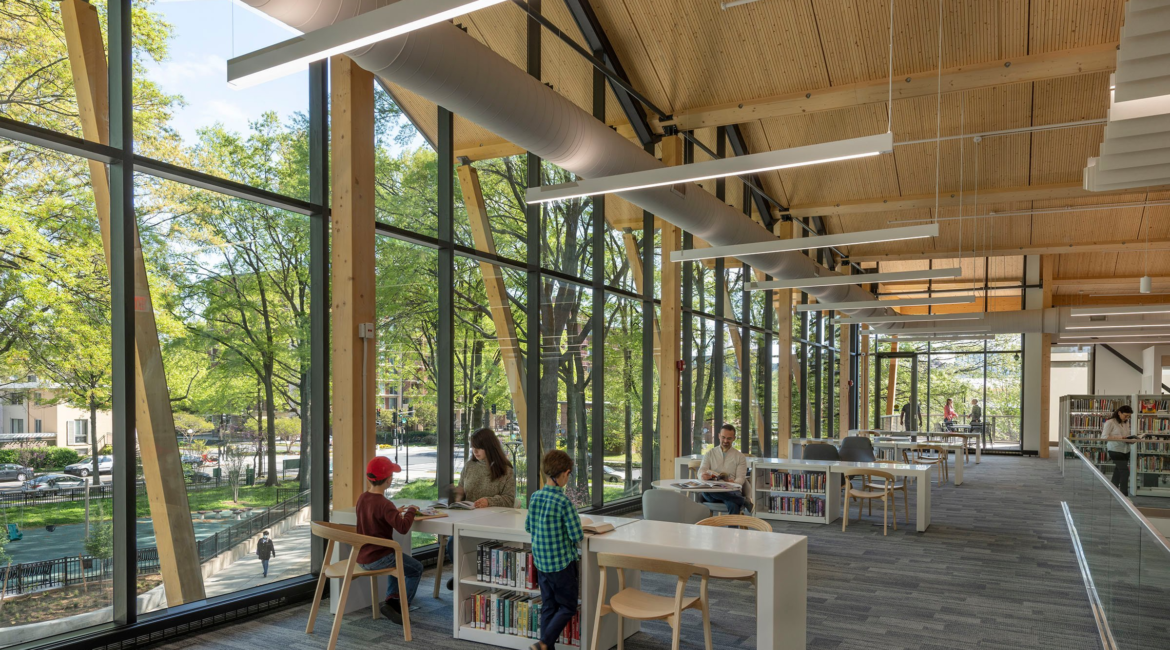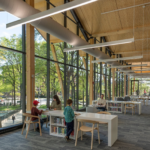Sustainability isn’t just a buzzword anymore—it’s quickly becoming a requirement. Across the U.S., and right here in Minnesota, schools, municipalities, and government agencies are facing tighter environmental standards. New laws and ESG (Environmental, Social, and Governance) reporting expectations are driving change in how facilities are designed, built, and maintained.
From stricter waste and emissions rules to green certifications like LEED, Energy Star, and net-zero benchmarks, owners and contractors alike are adjusting to meet rising expectations. The question isn’t if these regulations will affect your projects—it’s how prepared you are to respond when they do.
At Stonewing Builders, we see sustainability as more than compliance—it’s an opportunity. By adapting early, we help our clients—whether they’re managing a municipal facility or improving a home—stretch their budgets and gain long-term value.
Why Sustainability Standards Are Tightening
Several forces are pushing sustainability forward:
- Legislation: Federal and state agencies are continually adopting greener building codes, emphasizing energy efficiency, low-carbon materials, and waste reduction.
- Funding Requirements: Grants and bonds often prioritize or mandate sustainable practices. For example, school districts upgrading facilities may need to meet LEED or equivalent standards to qualify for certain funds.
- Public Accountability: Agencies, institutions, and even private homeowners are under pressure to demonstrate environmental responsibility through their choices.
For public projects, this means sustainability is part of the approval process. For homeowners, it often means higher resale value, lower energy bills, and healthier living spaces.
Materials: Greener Choices at the Core
Materials represent one of the biggest opportunities—and challenges—for sustainability. Regulations increasingly emphasize using products with lower carbon footprints, recycled content, or verifiable domestic sourcing.
Examples include:
- Concrete alternatives: Incorporating fly ash or slag to reduce emissions.
- Cool roofing systems: Reflective membranes that reduce heat loads and energy use.
- Low-VOC finishes: Paints, sealants, and adhesives that improve indoor air quality.
- Recycled steel and lumber: Materials that reduce waste and extend supply chain sustainability.
For schools and municipal buildings, greener materials meet compliance standards. For homeowners, they deliver healthier spaces for families while lowering long-term maintenance costs.
Processes: Building Smarter, Reducing Waste
Sustainability isn’t just about what we build—it’s about how we build.
Best practices include:
- Jobsite waste diversion: Recycling instead of landfilling concrete, metals, and wood.
- Efficient sequencing: Project management tools to reduce idle time and energy use.
- Prefabrication & modular construction: Off-site fabrication reduces waste, drives consistency and speeds installation.
- Energy-conscious scheduling: Planning high-load tasks during off-peak hours.
For facility managers, this means smoother compliance. For homeowners, it often means faster, cleaner jobs with less disruption at home.
Competitive Advantage: Why Owners & Homeowners Benefit
While new regulations can feel like a burden, sustainability offers clear benefits:
- Lower operating costs: Energy-efficient systems reduce utility bills for decades.
- Funding eligibility: Green standards help public projects qualify for grants, incentives, or tax credits.
- Future-proofing: Meeting today’s higher benchmarks avoids costly retrofits.
- Resale value: Homeowners see higher demand and better pricing for green-certified or energy-efficient homes.
- Public trust: Agencies that demonstrate environmental stewardship build stronger community support.
Contractors who embrace these trends aren’t just compliant—they’re adding real value for both public clients and private homeowners.
Stonewing Builders: Bringing Sustainability into Practice
At Stonewing Builders, we bring practical solutions to sustainability requirements:
- Material vetting: We source low-VOC finishes, recycled content, and high-efficiency systems when possible.
- Construction waste plans: We implement recycling and diversion strategies on every project.
- Efficient delivery: Our project management tools streamline scheduling and reduce mistakes to save time and energy.
- Future-focused upgrades: From ADA improvements to facility exteriors and residential remodels, we look for ways to make upgrades greener and longer-lasting.
With over 20 years of experience in ADA upgrades, remodels, roofing, exteriors, concrete, masonry, and utility improvements, we combine craftsmanship with modern sustainability practices—helping both agencies and homeowners get the most out of their investment.
Looking Ahead: Building With Purpose
Sustainability regulations will only grow stronger and mainstream in the years ahead. For facility managers and public agencies, adapting now means smoother projects and stronger funding options. For homeowners, it means healthier living spaces, lower monthly costs, and stronger resale potential.
Green building isn’t just about compliance—it’s about building smarter, safer, and more responsibly for the future.
At Stonewing Builders, we’re committed to helping clients—large and small—meet sustainability goals while delivering dependable, cost-effective projects that last. Because building green isn’t just good for the environment—it’s good for everyone.







